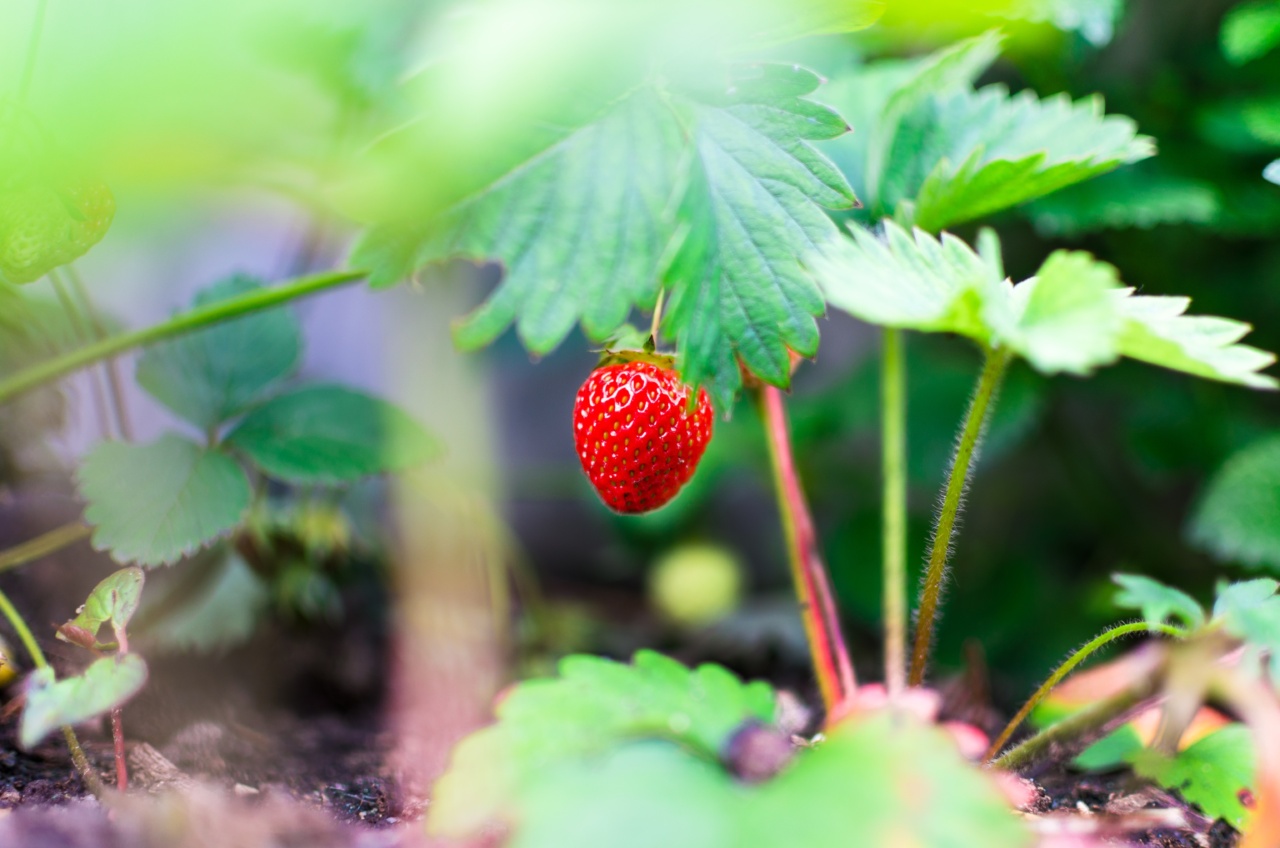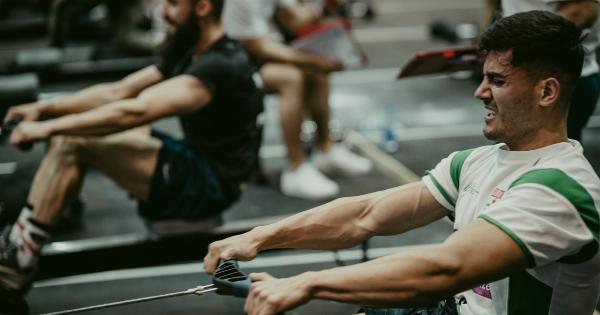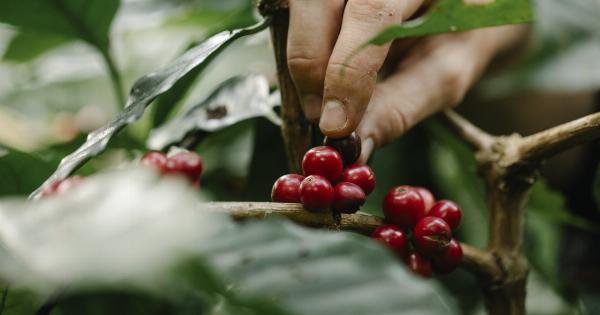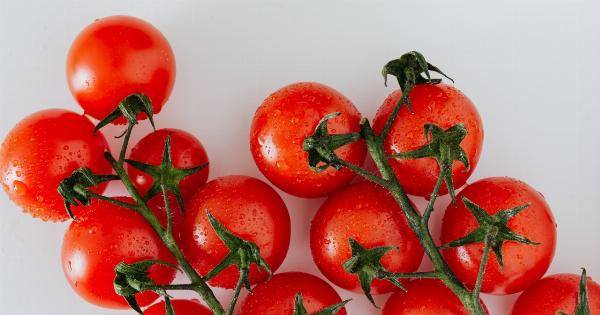When it comes to building muscle, most people tend to focus on consuming adequate amounts of protein and carbs. However, incorporating fruits into your diet can also play a key role in supporting muscle growth.
Fruits are packed with essential vitamins, minerals, and antioxidants that can help promote muscle recovery and repair.
1. Bananas
Bananas are a great source of carbs, which can help fuel your workouts and provide energy for muscle growth. They are also rich in potassium, a mineral that helps regulate fluid balance in the body and supports muscle function.
Bananas also contain vitamin C, which can help reduce muscle soreness and inflammation after exercise.
2. Berries
Berries, such as blueberries, strawberries, and raspberries, are packed with antioxidants that can help protect your muscles from damage caused by free radicals. They are also a good source of fiber, which can aid in digestion and promote satiety.
Berries contain a variety of vitamins and minerals that can support muscle function, including vitamin C, potassium, and manganese.
3. Pineapple
Pineapple contains an enzyme called bromelain, which has been shown to have anti-inflammatory properties and may help reduce muscle soreness after exercise.
It is also a good source of vitamin C, which can help support immune function and reduce oxidative stress on the muscles. Pineapple contains a variety of minerals, including potassium and manganese, which can help support muscle function.
4. Watermelon
Watermelon is a great source of the amino acid citrulline, which has been shown to help improve muscle recovery and reduce soreness after exercise.
It is also high in antioxidants, including vitamin C and lycopene, which can help protect your muscles from damage caused by free radicals. Watermelon is also a good source of potassium and magnesium, which can help support muscle function.
5. Apples
Apples are a great source of fiber, which can aid in digestion and promote satiety. They also contain vitamin C, which can help support immune function and reduce oxidative stress on the muscles.
Apples are a good source of potassium as well, which can help support muscle function.
6. Papaya
Papaya is a great source of the enzyme papain, which has been shown to have anti-inflammatory properties and may help reduce muscle soreness after exercise. It is also high in vitamin C, which can help reduce muscle damage caused by oxidative stress.
Papaya contains a variety of minerals, including potassium and magnesium, which can help support muscle function.
7. Oranges
Oranges are a great source of vitamin C, which can help reduce muscle soreness and promote recovery after exercise. They are also high in fiber, which can aid in digestion and promote satiety.
Oranges contain a variety of minerals, including potassium and calcium, which can help support muscle function.
8. Mango
Mango is a great source of the antioxidant vitamin C, which can help reduce muscle damage caused by oxidative stress. It is also high in vitamin A, which plays a role in promoting immune function.
Mango contains a variety of minerals, including potassium and magnesium, which can help support muscle function.
9. Kiwi
Kiwi is a great source of vitamin C, which can help reduce muscle soreness and promote recovery after exercise. It is also high in fiber, which can aid in digestion and promote satiety.
Kiwi contains a variety of minerals, including potassium and magnesium, which can help support muscle function.
10. Grapes
Grapes are a great source of antioxidants, including resveratrol, which has been shown to have anti-inflammatory properties and may help reduce muscle soreness after exercise.
They are also a good source of fiber, which can aid in digestion and promote satiety. Grapes contain a variety of minerals, including potassium and manganese, which can help support muscle function.





























